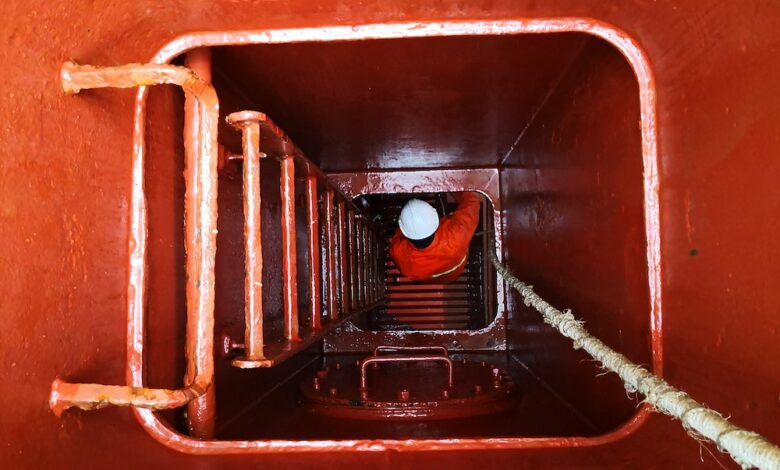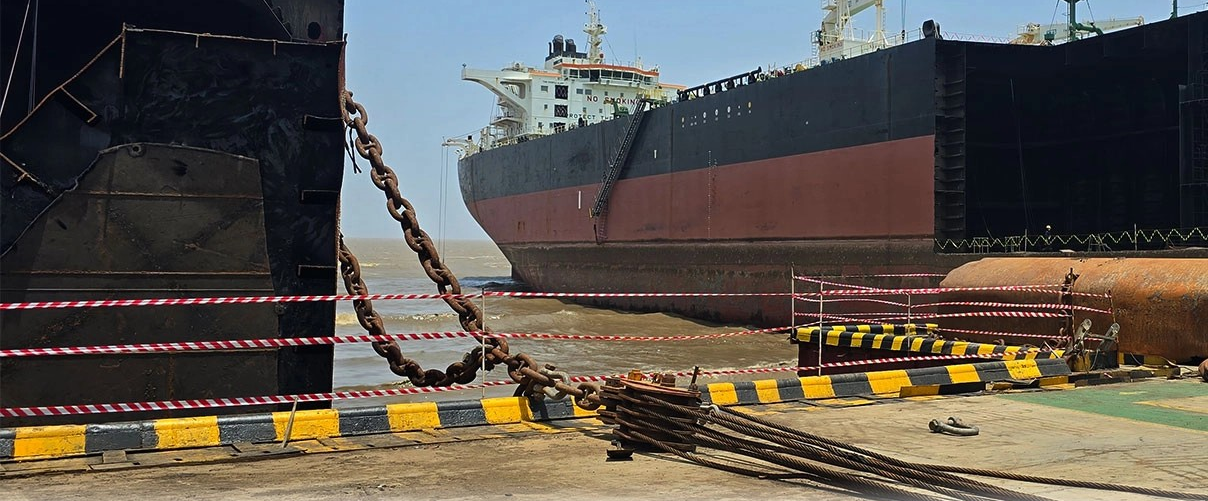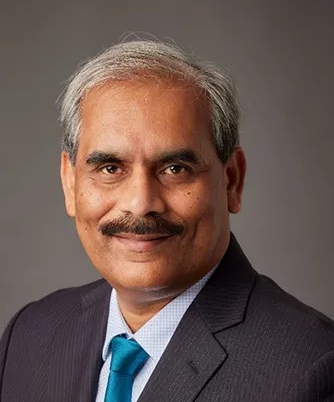Splash247: Let them eat biscuits: The tone-deaf wellness messages undermining seafarer support
Dr Jens Tülsner from Marine Medical Solutions writes for Splash today.
The maritime industry says it cares about seafarer wellbeing, and I believe it does, but too often the way it shows that care completely misses the point.
Health campaigns aimed at seafarers are increasingly modelled on office-based wellness trends: calorie counting, restrictive diets and generic lifestyle advice. The reality is, this approach does not just fall flat at sea. It actively risks harming the very people it is supposed to help.
Let us be blunt. Life at sea is demanding, isolating and emotionally draining. There is no quick coffee with a friend, no spontaneous walk, no familiar home at the end of the shift. Small comforts matter more than most people onshore will ever understand. So when we tell seafarers to cut out a biscuit in the name of better health, what we are really doing is removing one of the few remaining joys in an already difficult day.
Wellness should never be about deprivation. It should be about balance. Telling a stressed-out crew member to think twice about a treat might make sense in a well-resourced office building, but on a vessel in the middle of the ocean, it can feel like just another blow. These messages, often designed with shore staff in mind, do not translate to ship life. And worse, they come across as out of touch.
It is not just about biscuits. It is about understanding the lived experience of seafarers and the danger of one-size-fits-all advice. Pushing health narratives without context or flexibility shows a lack of understanding of what seafarers are going through. When messaging becomes too rigid or overly moralistic, people switch off. And when they switch off from health messaging entirely, that is when things become dangerous.
What is missing is a holistic approach. One that looks beyond surface-level trends and focuses on the realities of seafaring life. Yes, physical health matters. But mental and emotional resilience matter just as much, especially in a profession where isolation, fatigue and stress are everyday challenges. True wellness support means offering healthy options without judgement. It means listening first, not lecturing. And it means recognising that comfort, routine and small pleasures are part of a sustainable health strategy too.
If we want to support seafarers properly, we need to stop recycling land-based wellbeing messages and start designing support with real empathy. Offer guidance, but do not enforce it. Encourage balance, not restriction.
There is a time and place for advice, but there is also a time to say nothing and simply let people get through the day in the way that works for them. If a biscuit helps someone cope with a tough watch or long shift, then let them eat it. This is not about nutritional perfection. It is about treating seafarers like human beings, not tick-box health projects.
Until we start doing that, all our talk of wellness at sea will remain just that: talk.
Related Posts





